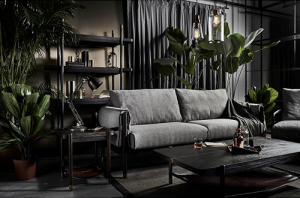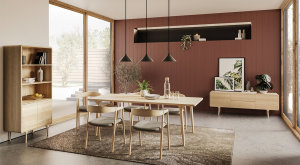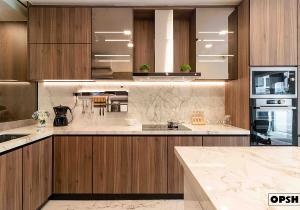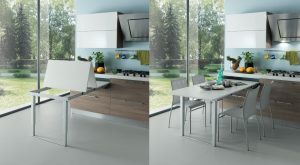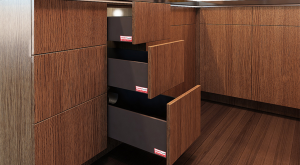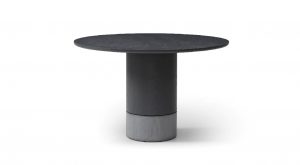Featured Post
Debunking Minimalism Myths: Simplifying Your Life and Home
Minimalism is a lifestyle choice that has gained popularity in recent years, but it's often misunderstood. Many people think minimalism means living with almost nothing or that it's only for the wealthy. In reality, minimalism is about intentional living and focusing on what truly matters. This article debunks common myths about minimalism and explains its true essence. We'll also explore how to apply minimalist principles to simplify your home, with a special focus on nightstand organization.
Common Minimalism Myths
Myth 1: Minimalism means living with nothing
Many people believe that minimalism requires getting rid of almost everything you own and living in an empty space. This is far from the truth. Minimalism is not about deprivation; it's about keeping only what adds value to your life. It's about removing the excess to make room for what truly matters.
Myth 2: Minimalism is only for the wealthy
Another common misconception is that minimalism is a luxury only the wealthy can afford. People think that to be a minimalist, you need to buy expensive, high-quality items and live in a fancy, minimalist-designed home. However, minimalism is accessible to everyone, regardless of income. It's about making intentional choices with what you have, not about spending more money.
Myth 3: Minimalism is a one-size-fits-all approach
Some believe that there's only one way to be a minimalist, often picturing a specific aesthetic or lifestyle. But minimalism is highly personal. What works for one person may not work for another. It's about finding what brings you joy and purpose, not adhering to a strict set of rules.
The True Essence of Minimalism
Minimalism is about intentional living. It's a mindset that encourages you to focus on what truly matters and eliminate distractions. This can apply to physical possessions, but also to mental clutter, commitments, and digital noise.
At its core, minimalism is about:
-
Identifying what adds value to your life
-
Removing what doesn't serve you
-
Creating space for what matters most
It's not about having a specific number of items or following a particular style; it's about living with purpose and intention.
Applying Minimalism to Your Home
A minimalist home is one that supports your lifestyle and values. It's not necessarily bare or empty, but rather curated to include only what you need and love.
General principles for a minimalist home:
-
Declutter regularly: Remove items that no longer serve a purpose or bring you joy.
-
Choose quality over quantity: Invest in items that are durable and multifunctional.
-
Create functional spaces: Ensure each area of your home has a clear purpose and is organized accordingly.
Specific focus on nightstand organization:
Your nightstand is a small but significant space in your bedroom. It should be a place of calm and functionality, not clutter. Here are some tips for organizing your nightstand:
-
Keep only essentials: Limit items to what you use daily, like a lamp, book, or water glass.
-
Use trays or small containers: Corral small items like jewelry or glasses to keep them organized.
-
Choose multifunctional furniture: Opt for a nightstand with drawers or shelves for additional storage.
-
Regularly declutter: Take a few minutes each week to remove any unnecessary items that have accumulated.
By applying these principles, you can create a nightstand that enhances your bedroom's tranquility and functionality.
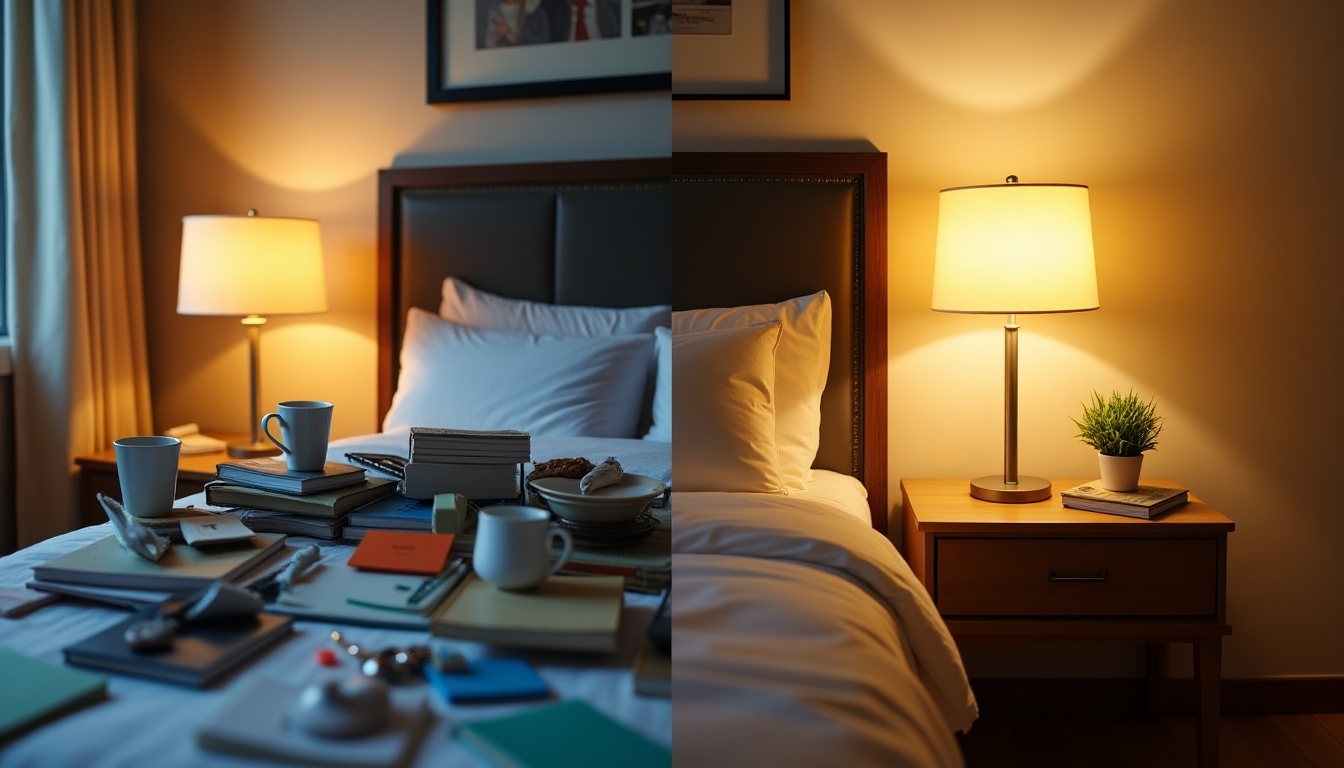
Benefits of Minimalism
Embracing minimalism can lead to numerous benefits:
-
Reduced stress: A clutter-free environment can promote a sense of calm and reduce anxiety.
-
Increased focus: With fewer distractions, you can concentrate better on tasks and goals.
-
More time and energy: Less time spent managing possessions means more time for what you love.
Minimalism isn't about sacrificing; it's about gaining more freedom and fulfillment.
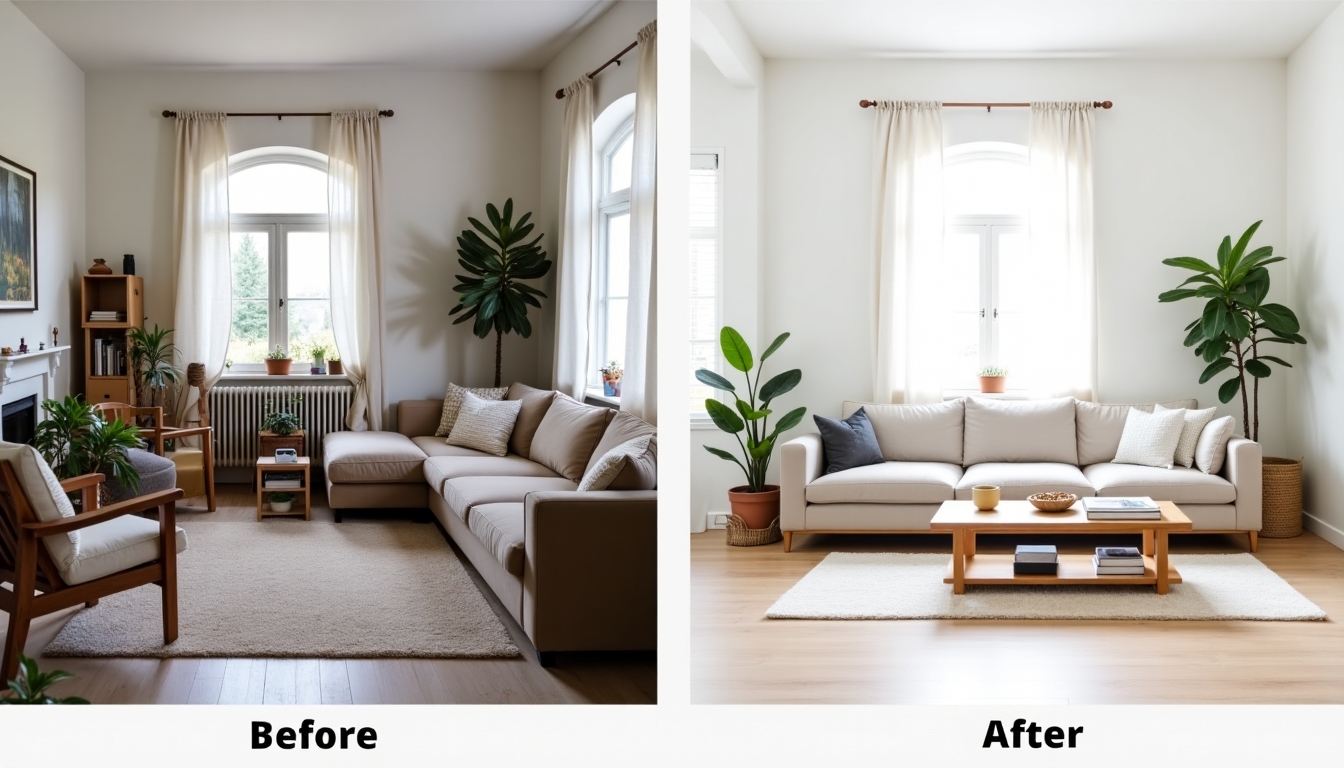
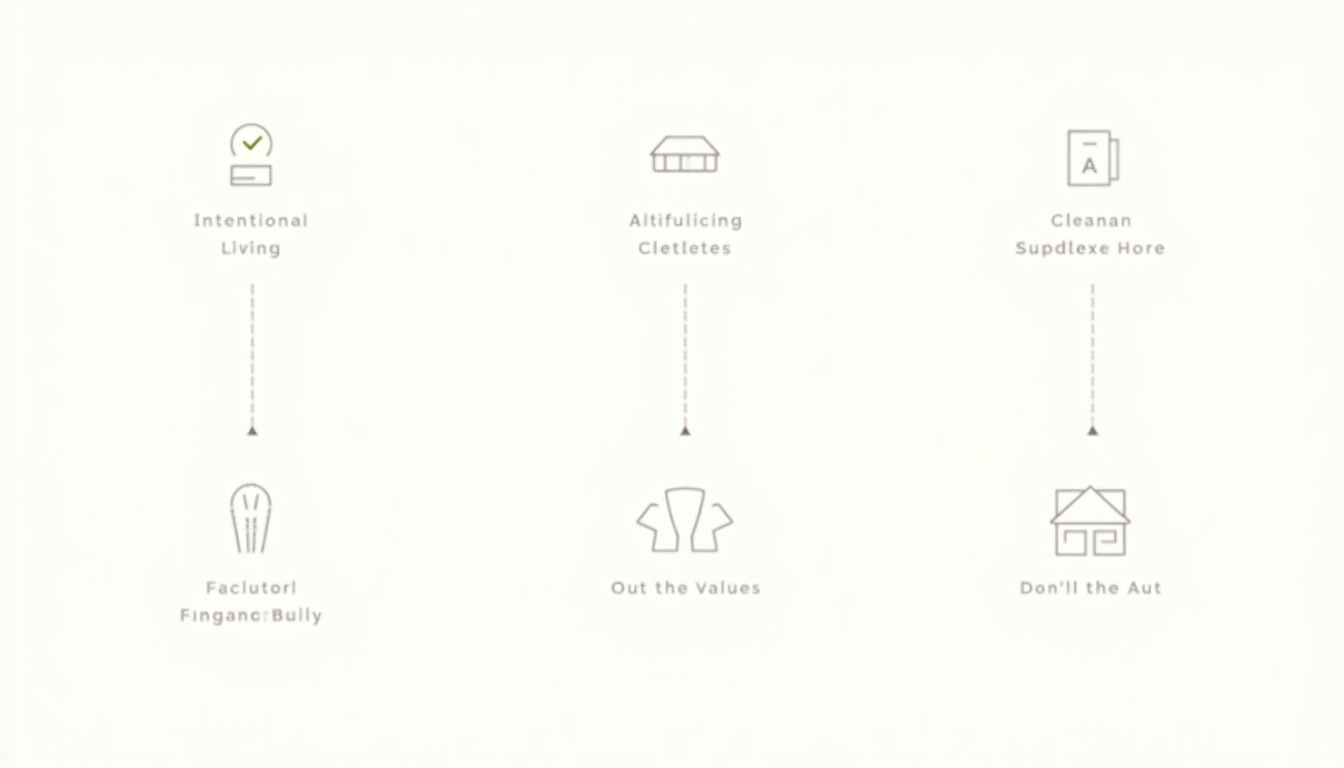
Minimalism is often misunderstood, but it's not about living with nothing or following a strict set of rules. It's about intentional living and focusing on what truly matters. By debunking common myths and understanding the true essence of minimalism, you can apply its principles to simplify your life and home. Start small, perhaps with your nightstand, and experience the benefits of a clutter-free, purposeful space.


